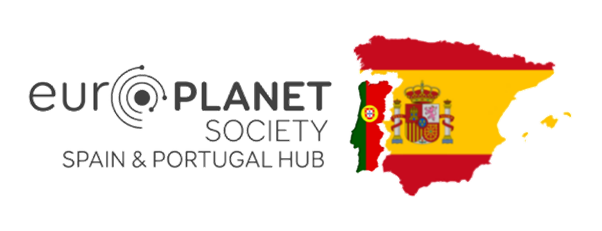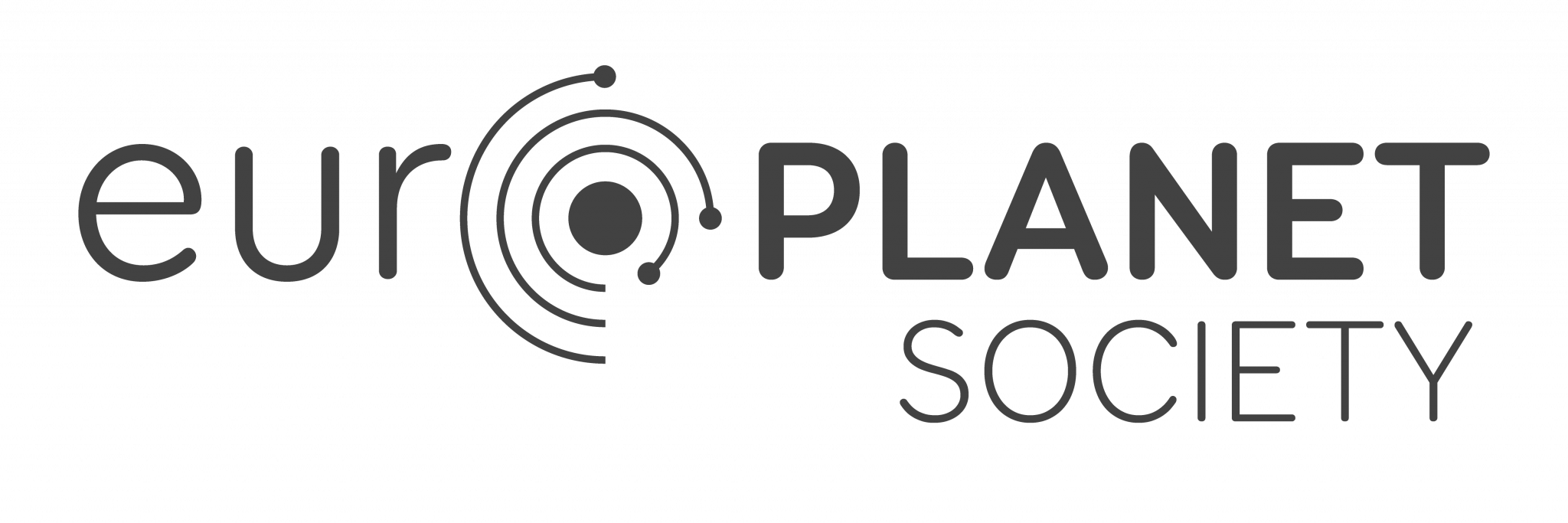Join
Europlanet Society
Planetary Sciences
in Spain and Portugal
Amateur
Community
Industry
& Stakeholders
Networking
Hub Activities
Members
Europlanet Society
Outreach
Activities
Facilities
Ground Based Telescopes
Professional
Community
Scientific
Conferences
No hay artículos en esta categoría. Si se muestran las subcategorías en esta página, puede que tengan artículos.





